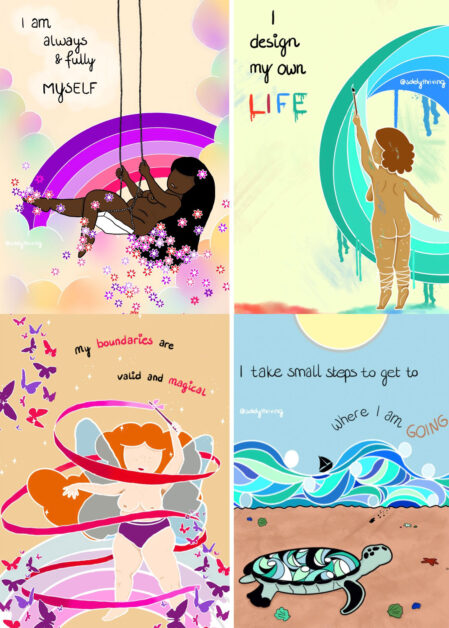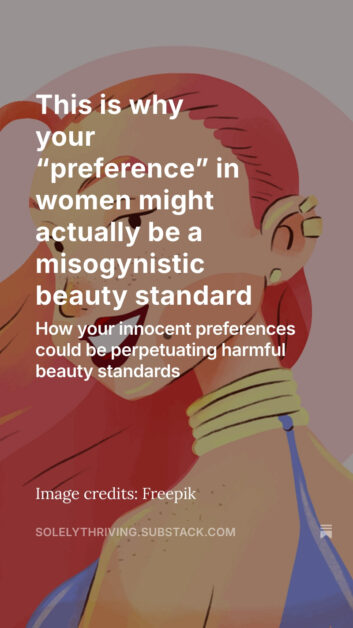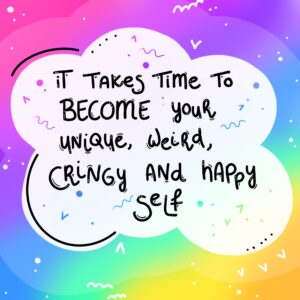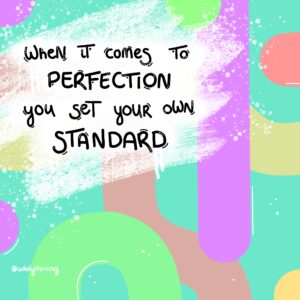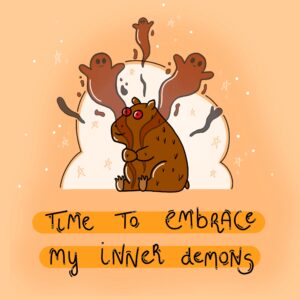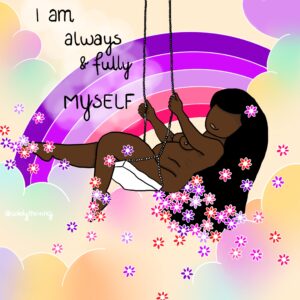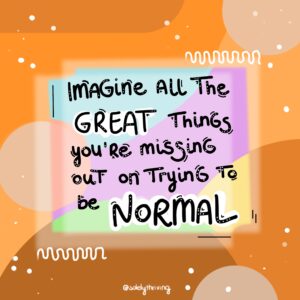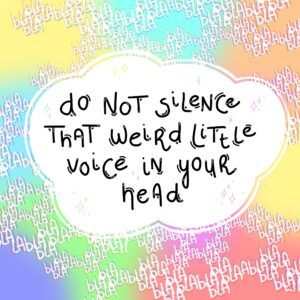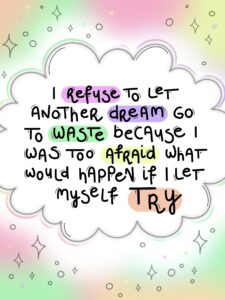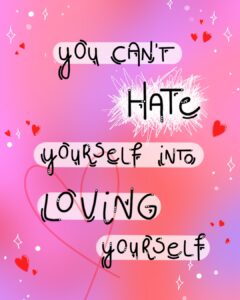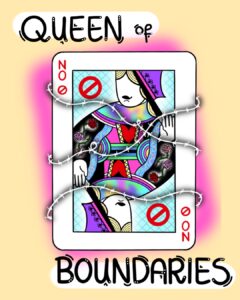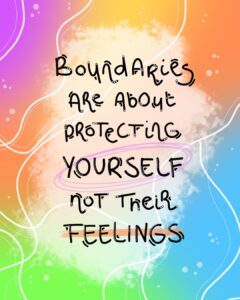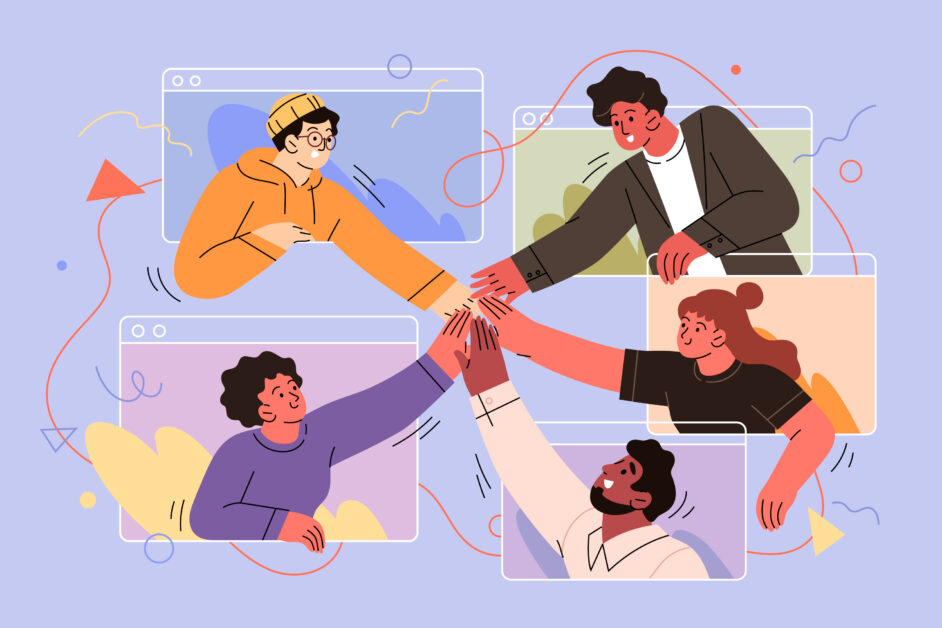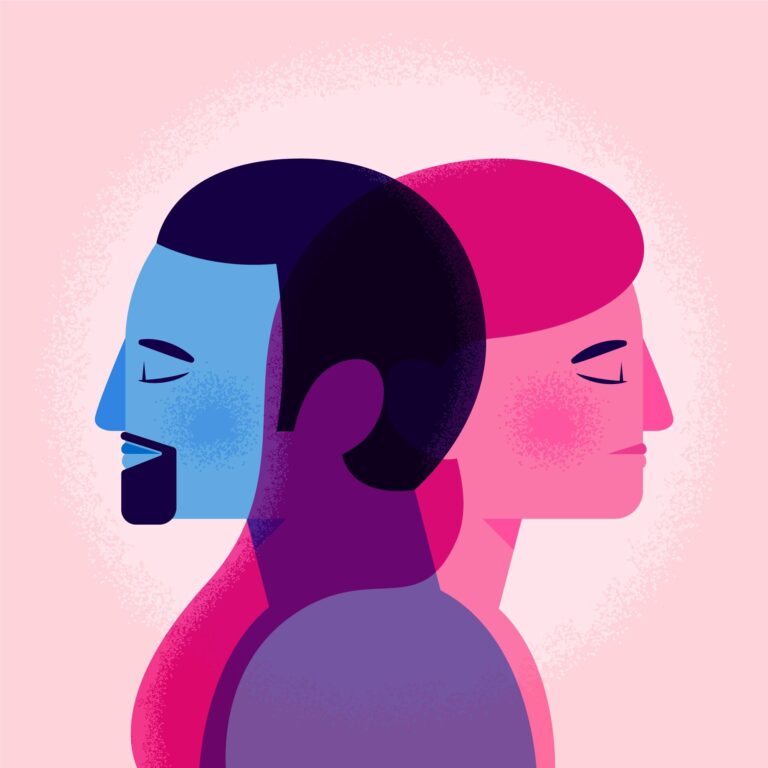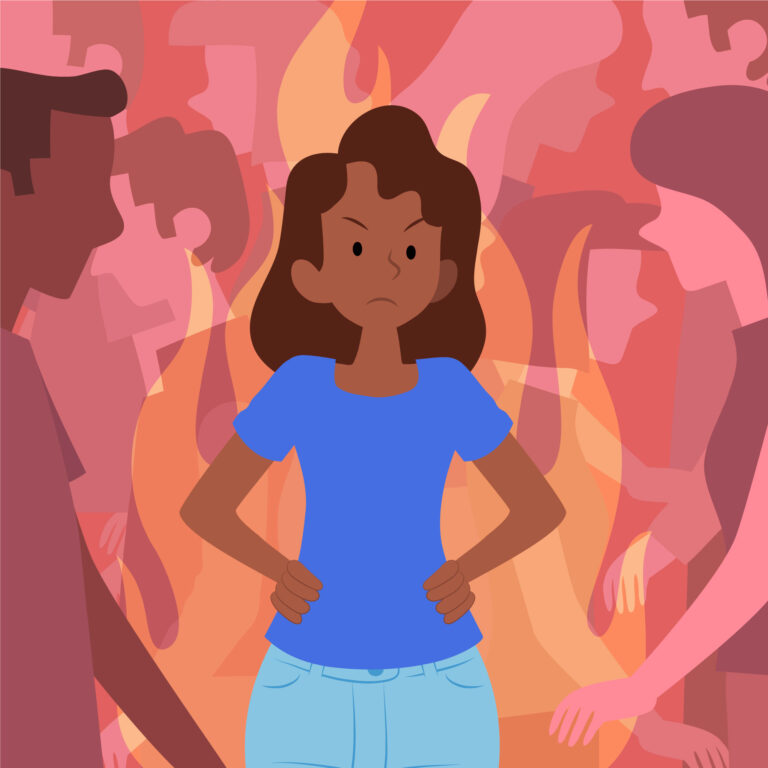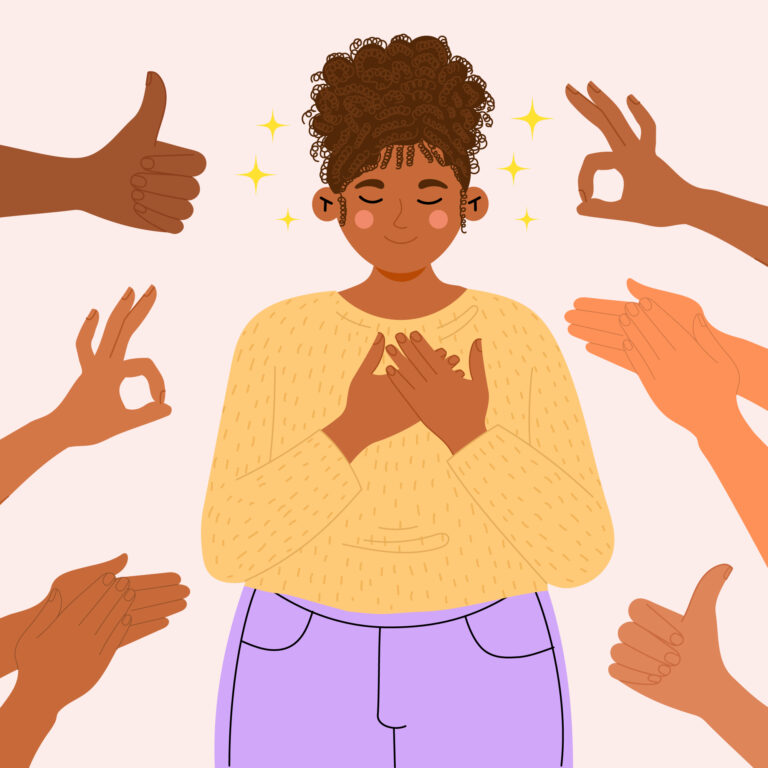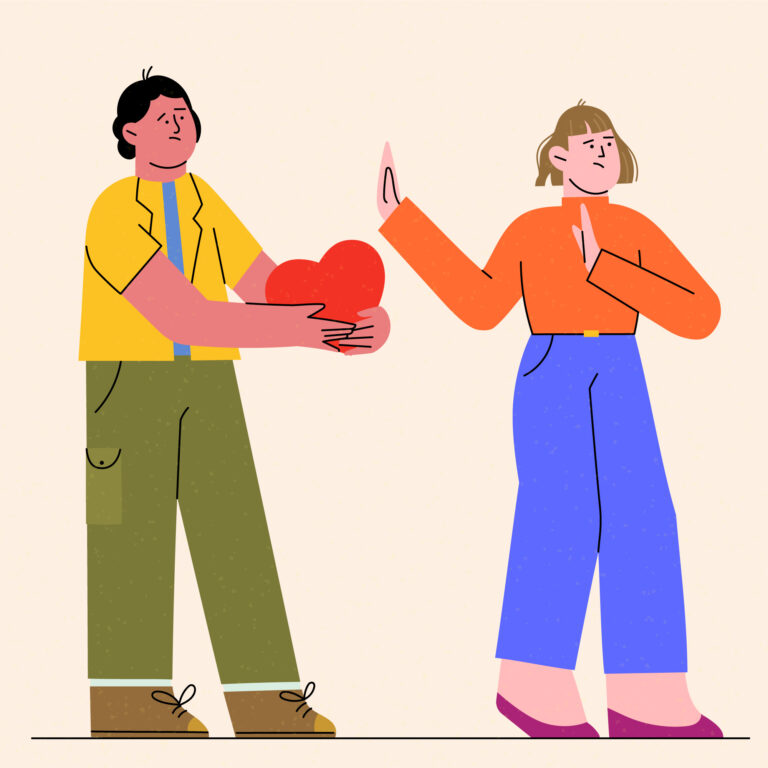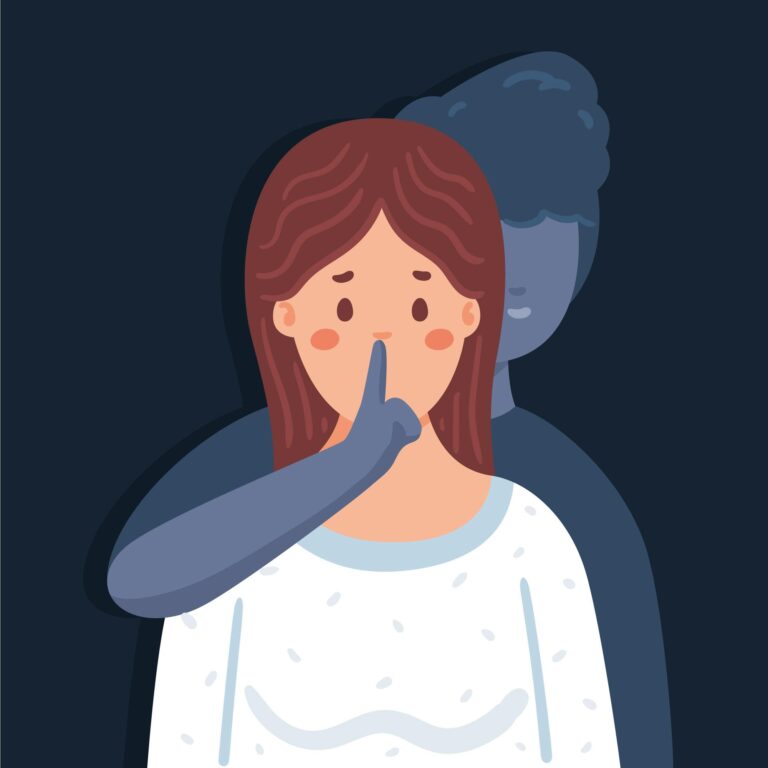Acceptable misogyny: the risky line between good criticism and sexism
Is it valid criticism or just plain misogyny? We don't know how to criticize women
Acceptable misogyny: the hatred of women just because they have done something wrong and they ‘deserve’ it. We all participate in it yet only a few of us actually know how to recognize it. So, we become mindless servants to it, grab our pitchforks without protest and let the internet sleuthing and name calling commence. It happens to famous women every other month and every time I point it out, I lose a bunch of followers. So, I thought: why not scare off some more by writing a whole blog about it?
We need to talk about acceptable misogyny.
Sometimes I can’t believe the hills I choose to die on. Not because I believe I’m actually wrong, But because it seems so wild to defend someone who has made some really bad life choices. But I also know that reality, if you choose to live in it, isn’t black and white. And that people therefore don’t deserve nothing but bad when they’re not being good.
I’m specifically talking about systemic issues like misogyny.
But let’s get some things out of the way first. I don’t think women are above criticism just because of misogyny. Everyone should be held accountable and everyone should be able to hold everyone accountable. And that includes women who do bad things.
Like Carrie Underwood who decided to publicly come out in support of Donald Trump. Or Blake Lively who said “bring your florals” to a movie about domestic abuse. Or Taylor Swift who is living in a white feminist bubble where she can’t loudly condemn genocide.
The problem, however, is that a lot of people actually don’t know how to criticize women without being misogynistic. And that means that when the internet criticizes women, it quickly turns into a publicly induced smear campaign. One that crosses the line to misogynistic pretty quickly.
* Free wallpaper download * Free wallpaper download * Free wallpaper download
* Free wallpaper download * Free wallpaper download * Free wallpaper download
Acceptable misogyny feeds
Sometimes it feels like we’re all hungrily waiting for the next celebrity scandal to appear on our timelines. We thrive off of discourse, and providing our audience with another hot take on how we see the issue suddenly becomes the top priority.
But a pattern that has become pretty clear, is that the level of eagerness with which we do this definitely depends on who this discourse is about. Because when the subject of a scandal is a woman, not matter how small the supposed ‘scandal’ is, the public scrutiny is immense.
We’re always ready to jump down a woman’s throat for simply existing. And when she did something that we actually consider wrong?
That will quench a thirst we didn’t even know we had in the first place.
You can see this clearly with the discourse around Blake Lively and the way she promoted her movie. Granted: there was an active smear campaign involved, executed by a big PR company, but even with the news about this smear campaign and her sexual harassment coming out, people still aren’t jumping on the “we hate Baldoni”-train with the same level of passion as they were to jump on the “we hate Blake” one.
Actually, that last one is still going with plenty of hungry passengers.
The same happened with Meghan Markle who *checks notes* made a cooking show on Netflix (?). And ask any average person how they feel about Amber Heard. You’ll be met with a passionate answer about how she’s a horrible person and how she’s proof that “women lie”.
'Bad' women deserve misogyny
The fact of the matter is that this eagerness in itself is a big part of the problem. Because at the same time as Carrie Underwood announced her involvement in the inauguration of Donald Trump, more allegations about Neil Gaiman came out, making it impossible to ignore that the very beloved writer was incredibly problematic. Yet my feed (with an algorithm that is very much trained in women’s rights and anti-fascism content) was filled with Underwood slander.
Meme after meme about the singer being hypocritical. How people saw this coming from a mile away. About boycotting her––basically anything from appearance related insults to her song lyrics and lifestyle choices.
People were digging up old photos of her, stills from YouTube-videos and picking apart everything about her to show their disproval. If you go to Underwood’s Instagram and compare her comment section with the comment sections from Kid Rock and Jason Aldean (who are also performing during the inauguration), the difference becomes pretty clear.
The only people who face scrutiny – though definitely less – too, are The Village People. But is it really surprising that the public also shamelessly picks apart a group that has a few openly gay members?
I think it’s two sides of the same coin.
The line between misogyny and criticism
We love holding people accountable. It makes us all feel good. And that’s what makes it so hard to discern actual criticism from the subconscious misogyny that we’re all participating in.
Because a woman who openly announces that she’ll be singing at the inauguration of a fascist president definitely deserves pushback and criticism. She deserves to experience a good old ‘cancelling’ (if they even exist).
She has made her own bed and she gets to lie in it.
Especially considering some of the groups who feel hurt and betrayed by her endorsement. So, where does the line of valid criticism end and misogyny begin?
A troll on the internet asked me if every form of criticism against a woman is considered misogynistic. And no, it’s not. But that same troll called me an “insufferable c*nt who needed a muzzle” while criticizing me. And the ease and comfort with which that was done, serves as a good example of how criticizing women should not be done.
I think misogyny scratches an itch that we all feel whenever something concerning a famous (or publicly called out) woman happens. It’s this feeling of instant gratification when we call her a bitch.
A feeling of justification that just doesn’t quite hit the same when we do it with a man.
I recognize it in myself.
And it’s about time other people start to recognize it in their own actions too.
Acceptable misogyny isn’t acceptable
Misogyny is never okay. You can’t just pick and choose who you’re going to be misogynistic to.
Misogyny is a systemic issue that seeps through the rest of your actions and your thoughts.
If you call one woman an insufferable c*nt for her endorsement of a fascist leader, who’s to say you won’t call another woman that too? Cause the irony is: right-wingers use that exact same misogyny against women like me. The “insufferable c*nts” that they disagree with but that are (probably) on the same political side as you are.
Does it make it ‘right’ just cause you believe the woman in question is wrong?
The women around you see this happen. They see you say this stuff and they know what you really think. And what could happen to them if they slipped up. I as a woman realize that I’m usually one wrong opinion away from being called the most misogynistic names that people of all genders can come up with.
We all suffer from acceptable misogyny
Being a woman means that you’re constantly on edge, knowing that it would only take one wrong comment for people to completely pick you apart and put you on blast. Society teaches us that women have to be an unattainable level of perfect. And if you can’t keep up, then you deserve the excessive hate you get.
Without anyone ever questioning if the level of hate and the words and methods they use to express it, come from a genuine place of criticism or if they’re coated in a shiny layer of misogyny.
Because no one is going to say what I’m saying here: even if the woman is a bad person, it does not justify misogyny.
It justifies criticism, it justifies push back, scrutiny, even hate if you feel really passionate about it.
But it does not justify keeping harmful systems in place that ALL women – good or bad – suffer from.
Acceptable bigotry
The same happens when it’s about other people from marginalized communities. We love criticizing and piling on a Black person when they’ve done something wrong. Up to the point where we throw all compassion out the window and dehumanize them. Just so we won’t have to feel bad about what we’re doing.
And when it’s a Black woman? People go all in with insults and bigotry.
The “proof” of the few trans people who have allegedly assaulted cis women in bathrooms is paraded around proudly as ‘tokens’ of the ‘wrong’ that the community can do. And is even used to prove that the whole community is ‘bad’.
We as people hold unconscious biases towards groups of people that increase the volume with which we yell about how bad they are.
And the same goes for women.
I see it in the way Amber Heard is still completely villainized for her part in the Depp v. Heard-trial while Depp himself is seen as a poor victim. We saw (and still see it) in the way Lively was thrown under every bus we could find just so we could keep a positive image of Baldoni who played into our feminist-fetish.
And I see it with Carrie Underwood who is now the subject of so many memes and “jokes”. We need to question the passion with which we shit on women.
Because even if what we say isn’t a problem, if you’re not giving that same energy to famous men like Gaiman, Kid Rock or any other man who has been massively problematic, then your motivations could be rooted in bias. Especially if you’ve never really cared about Carrie Underwood, Taylor Swift, Sabrina Carpenter or any other famous woman before.
And if you don’t work on that, we’re never going to get rid of the very things that make this world a little more dangerous for other people to live in––including yourself.
The red flags of acceptable misogyny
So, how do we recognize this behavior in ourselves? ‘Accepted misogyny’ manifests in a few clear ways that could be easy to spot but might still be tricky to really label as such. Remember: misogyny is completely ingrained in our society and it’s almost impossible to not be misogynistic when talking about women.
Some guidelines to remember are the four red flags that you should steer clear from. Especially if you’re a man.
1. Hateful name calling: especially the gendered words like c*nt, bitch, slut, crone, etc. Calling a woman ‘nasty’ also has misogynistic connotations and even saying “lady” or calling her ‘honey’ can be misogynistic. If you want to have an argument, steer clear of the gendered insults and just call them an asshole instead.
2. Commenting on things unrelated to the actions: one of the things we love to do when problematic people show us how problematic they are, is making memes, photoshopping pictures, dragging up old photos or taking screenshots from bad angles and doing whatever else to ridicule them. We tend to do this more with women than with men, though.
And the reason for that is pretty simple: it’s misogyny.
If you can’t comment on a woman’s actions without dragging her appearance or sex jokes into it, you might be acting from misogyny. And to ensure you’re not, it’s safer to just stick to her actions.
3. Focusing on ‘how’ instead of ‘what’: if you can’t talk about what a problematic woman is doing without shaming her for how she is doing it, you might be acting from a place of misogyny. If you talk about how she’s ‘shrieking’ or ‘hysterical’ or ’emotional’, you’re using misogynistic tropes to make your point.
4. Centering her womanhood instead of her personhood: if you make your argument in a very gendered way, you’re probably engaging in misogyny. Or at least balancing on the edge of it. Talking about her ‘body count’ her make up, her body, whether or not she looks like a man (that’s also transphobic, by the way)––it’s all misogynistic to some extend.
Now, these all aren’t misogyny by default. But the fact remains that it is very hard for us to actually know how not to be misogynistic when it comes to criticizing women. And that’s why we should all try our best to avoid any of these red flags.
To ensure we’re not accidentally being misogynistic even though we genuinely just meant to criticize.
Acceptable criticism, not misogyny
Carrie Underwood and other women deserve criticism. They deserves to be held accountable for their actions and I think it’s good that people are talking. But if people really want to break systemic issues, they need to question their motives in every situation. Especially if you’re a white cis man trying to make some point about a woman when your existence is literally drenched in misogyny.
Even in situations where you personally feel like a slur is completely justified (although it never is) you still need to practice discernment. Because while you’re calling Taylor Swift a dumb bitch, someone on the other side of the political spectrum is doing the same to a woman you do agree with.
And if the only thing keeping you from piling onto a woman and calling her a c*nt is their political affiliations, then you don’t really respect women at all.


